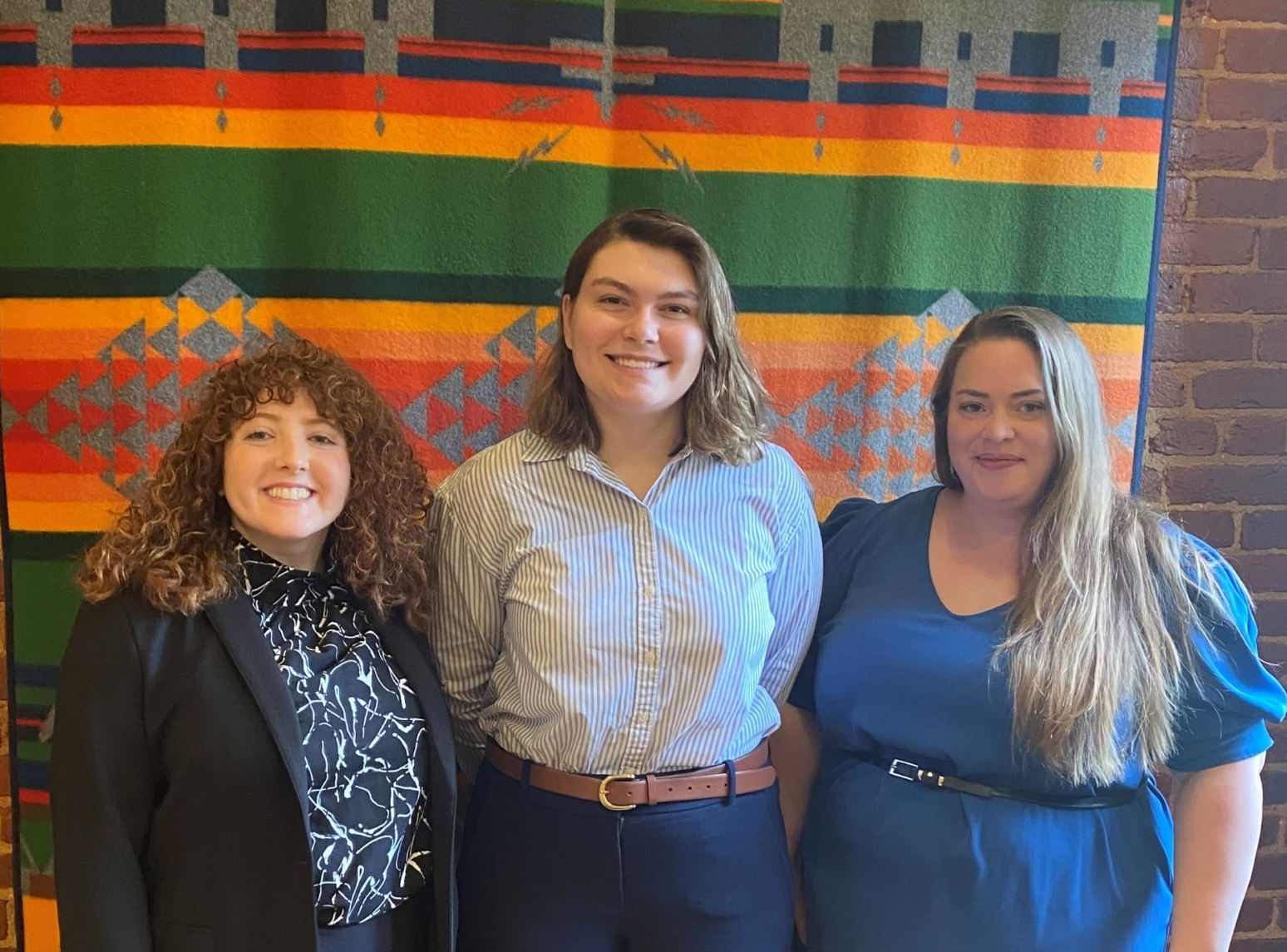
As the summer ends, the National Council of Urban Indian Health (NCUIH) must bid farewell to our lovely fellows and intern that we had the honor of working with over the past twelve weeks. All three of the students this summer were instrumental in the work that NCUIH accomplished while they were here. They attended hundreds of hours of calls, wrote NCUIH communication materials such as blogs and newsletter post, and were directly responsible for the creation of several graphics and discrete research as requested. NCUIH wishes them all the best as they continue their education and professional growth.
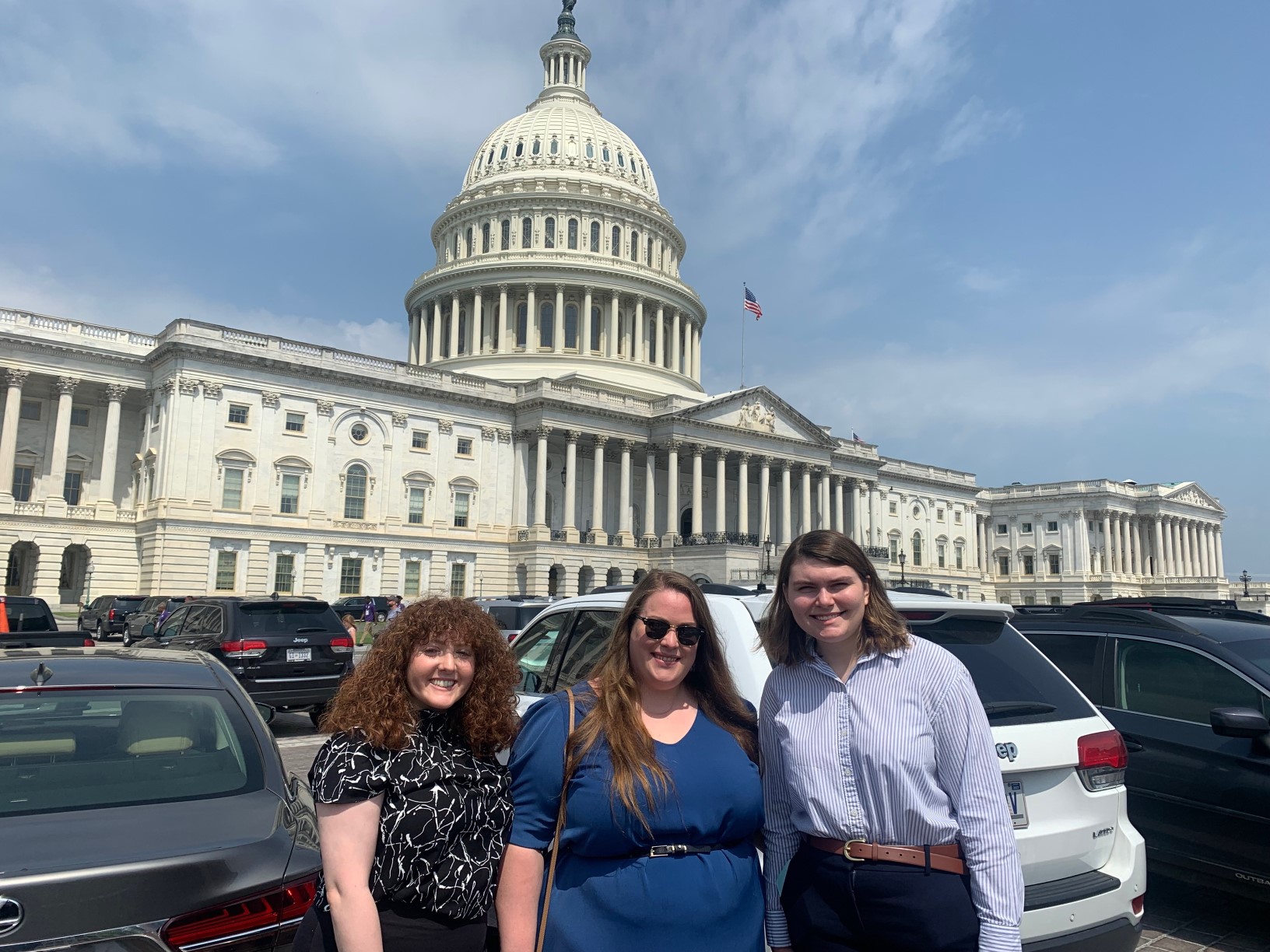
If you, or someone you know, is interested in learning more about what it means to be an NCUIH Legal and Policy Fellow or an NCUIH Public Policy Intern, contact policy@ncuih.org.
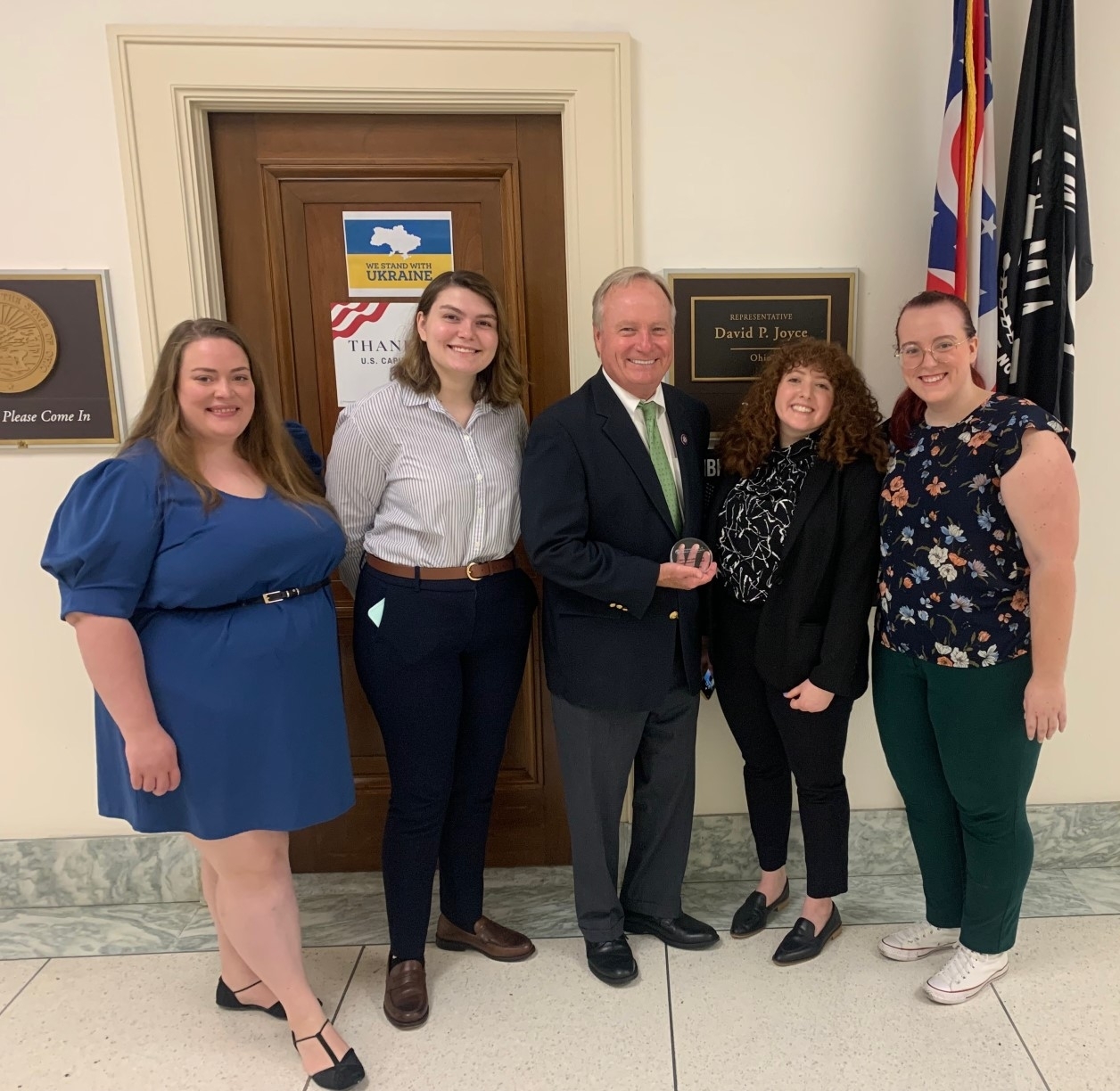
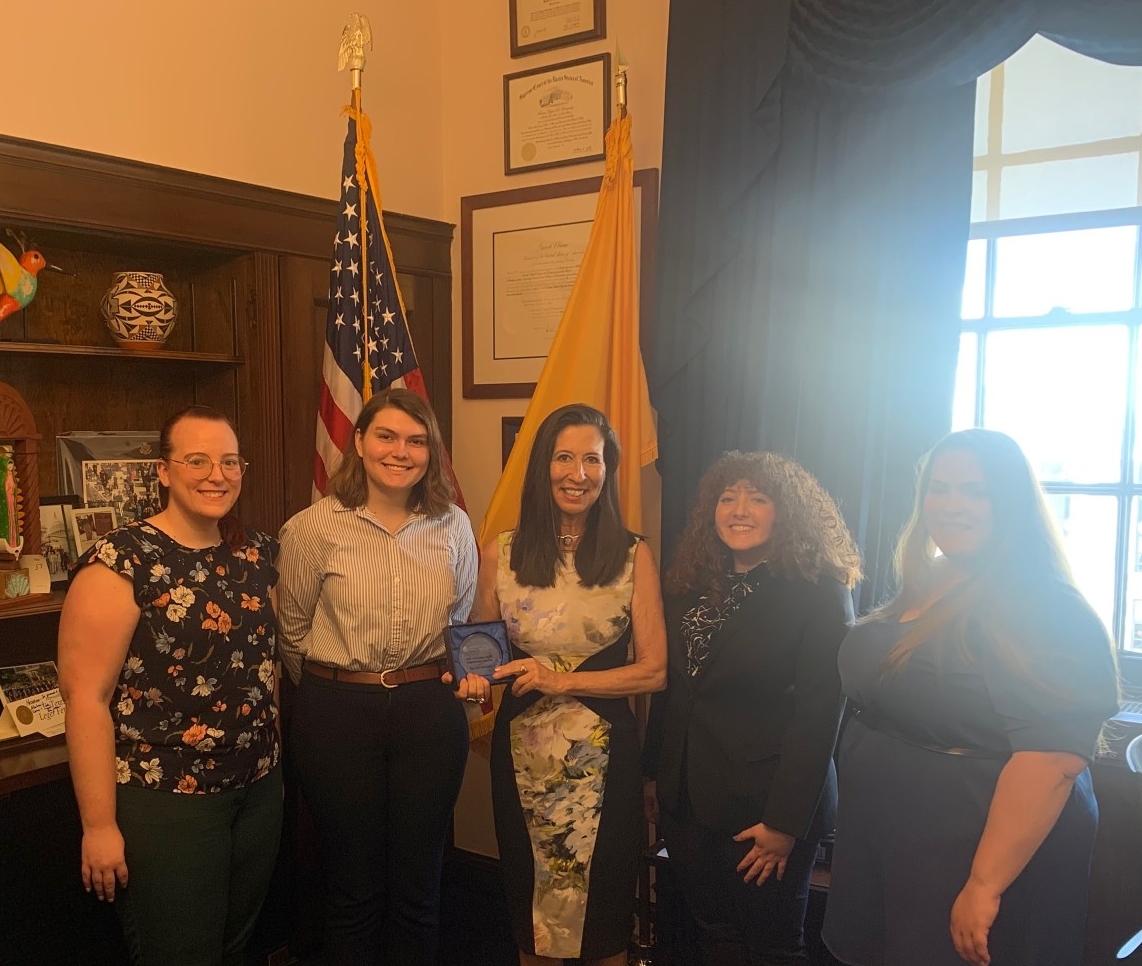
Summer Legal and Policy Fellows
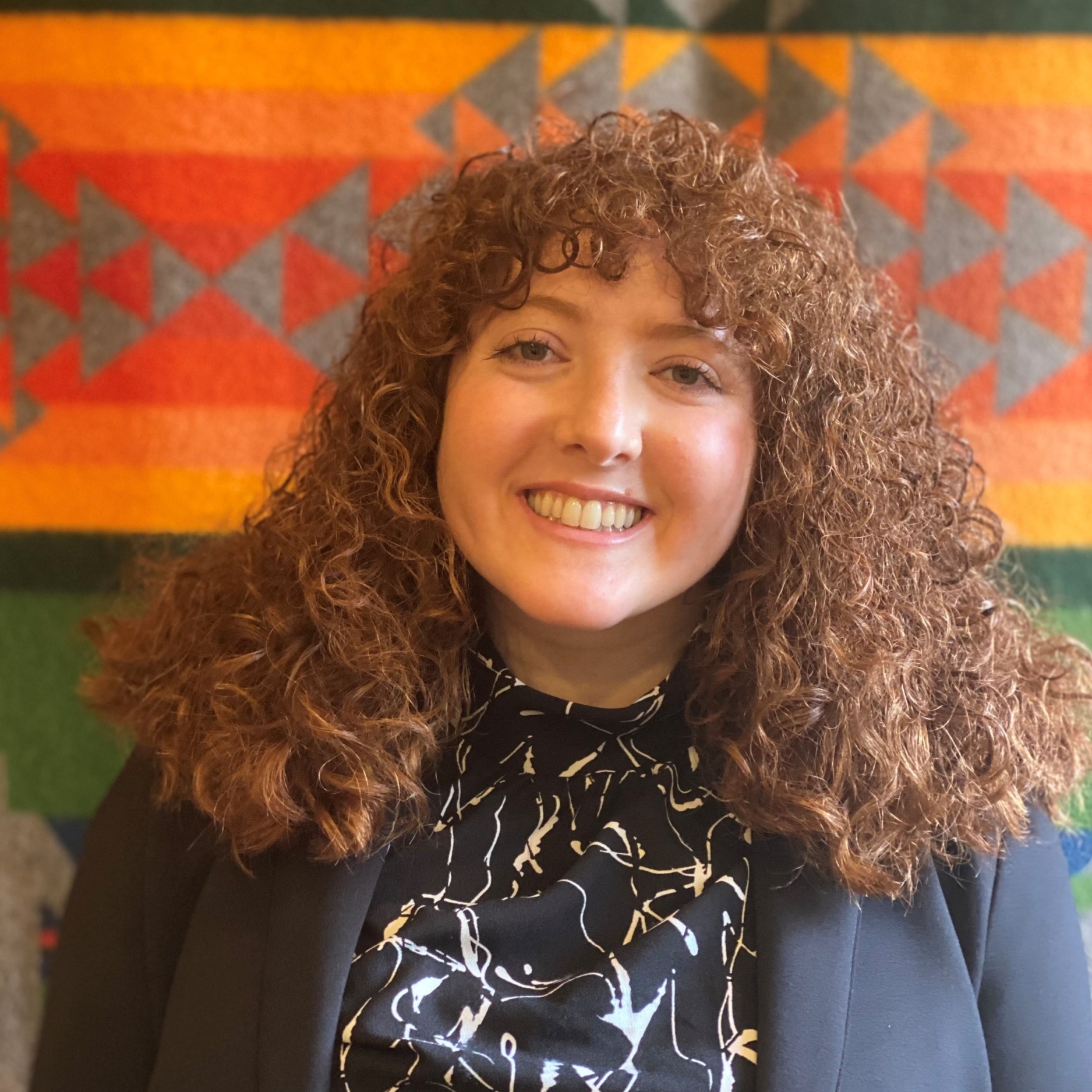
“NCUIH was a great fit for me because I was excited about being part of an organization with such an important role in driving social change and improving health rights, and the fellowship presented opportunities to develop legal and advocacy abilities under the guidance of an excellent team of lawyers and policy experts.” – Anna Schwartz
“My name is Anna Schwartz, and I am a rising second-year law student at the George Washington University Law School. I applied for a legal fellowship with NCUIH because I have a background in health policy research and political science, and I am interested in advancing health equity through law. NCUIH was a great fit for me because I was excited about being part of an organization with such an important role in driving social change and improving health rights, and the fellowship presented opportunities to develop legal and advocacy abilities under the guidance of an excellent team of lawyers and policy experts.
Over the summer, I honed legal skills that I will take with me to the next steps of my career. First, I wrote comments to federal agencies and a letter to a tribal and federal workgroup about a proposed amendment to a policy. By digging into legislative provisions about the government’s trust responsibility, I was able to strengthen my statutory analysis skills. In addition, I authored a legal memo about the use of federal grant funds toward debt financing. This project included administrative policy and case law research which furthered my legal research and writing skills. Through other projects such as five blog posts about NCUIH’s comments, one blog post about the IHS circular on abortion policy, drafting a presentation to a federal agency, and a bill tracker assignment, I practiced breaking down complex legal concepts into laymen’s terms and increased my advocacy abilities. I also had the opportunity to visit the Senate and House buildings and meet House Representatives, as well as attend virtual Urban Confers, Tribal workgroup meetings, and federal agency policy sessions.
Moreover, I was thoroughly impressed by the work that NCUIH does to advance the health rights of urban Native communities. It was amazing to be a part of NCUIH’s thoughtful, zealous advocacy, which during these past twelve weeks alone ranged from meeting with UIO leaders to understand their priorities and concerns, to submitting nine comments to federal agencies and facilitating dialogues with those agencies about how to serve UIOs, to advocating for legislative progress and bringing an Advance Appropriations bill to the House floor, to explaining the I/T/U system and the crucial role of UIOs to any stakeholder who will listen. I am grateful to the policy team for welcoming me into the world of Native health, including Meredith, Mary, Jenna, Jeremy, Jennifer, Sam, and Brooke. Special thanks to Alexandra, Chandos, and Rori for their guidance and mentorship, and to Adrianne for being the best co-fellow I could ask for!
I look forward to applying the skills and knowledge I learned at NCUIH as I continue my career in health law and public interest. As a 2L this fall, I will be participating in the Health Rights Law Clinic at GW Law, and serving on the executive board of Lambda Law, the Moot Court Board, and the Federal Circuit Bar Journal.”

“The mentorship I received from the policy team proved invaluable to my professional and personal growth. I am passionate about advancing self-determination and sovereignty for Native peoples across the country and look forward to bringing this new knowledge and skillset into the next steps in my Indian law career to ensure all Natives are included in laws and policies that impact them and their wellbeing.” – Adrianne Elliott (Cherokee Nation of Oklahoma)
“Osiyo, my name is Adrianne Elliott, and I am a citizen of the Cherokee Nation entering my second year at Georgetown University Law Center. Prior to law school, I worked for five years to advance indigenous sovereignty and self-determination in educational opportunity for American Indians, Alaska Natives, and Native Hawaiians. Like education, healthcare is central to the well-being of Native peoples and to building strong Native nations. NCUIH’s work to represent urban Indian organizations and the 70 percent of American Indians and Alaska Natives living off-reservation is crucial to ensuring access to essential services and to upholding the federal trust responsibility to all Native peoples. I have been honored to join the policy team at NCUIH in this work.
My summer began with the NCUIH Conference, which quickly introduced me to some of the most pressing healthcare issues facing Native peoples living in urban areas. Healthcare equity and the trust responsibility for all Native peoples is a complex issue that must Just like their families living on tribal lands, many Native peoples in large urban centers struggle to find equitable access to high-quality healthcare. In addition, most urban providers are not equipped to provide traditional treatment options. Urban Indian organizations fill this gap yet remain severely underfunded even within the Indian healthcare system. From blogs and confers to comments and memos, I had an opportunity to meaningfully contribute to NCUIH’s legal and policy issues while advancing my professional skills.
Throughout the summer, I had the opportunity to hone analytic and writing skills by researching and developing a variety of memos, comments, and blog posts. My most significant project centered on a memo to support NCUIH’s work on Brackeen v. Haaland, examining the definition of an Indian child and the impact of changes to this definition in the Indian Child Welfare Act, Indian Health Care Improvement Act, and the Centers for Medicaid and Medicare statutes. Further, I developed and contributed to federal comments to both the Department of Veterans Affairs and the Indian Health Service to improve the delivery of healthcare services to Native peoples living in urban areas.
The mentorship I received from the policy team proved invaluable to my professional and personal growth. Through this process, I not only honed my legal skills but had the opportunity to dive deeper into areas like AIR and FMAP that deeply impact Native people living off-reservation. I am passionate about advancing self-determination and sovereignty for Native peoples across the country and look forward to bringing this new knowledge and skillset into the next steps in my Indian law career to ensure all Natives are included in laws and policies that impact them and their wellbeing.”
Summer Public Policy Intern
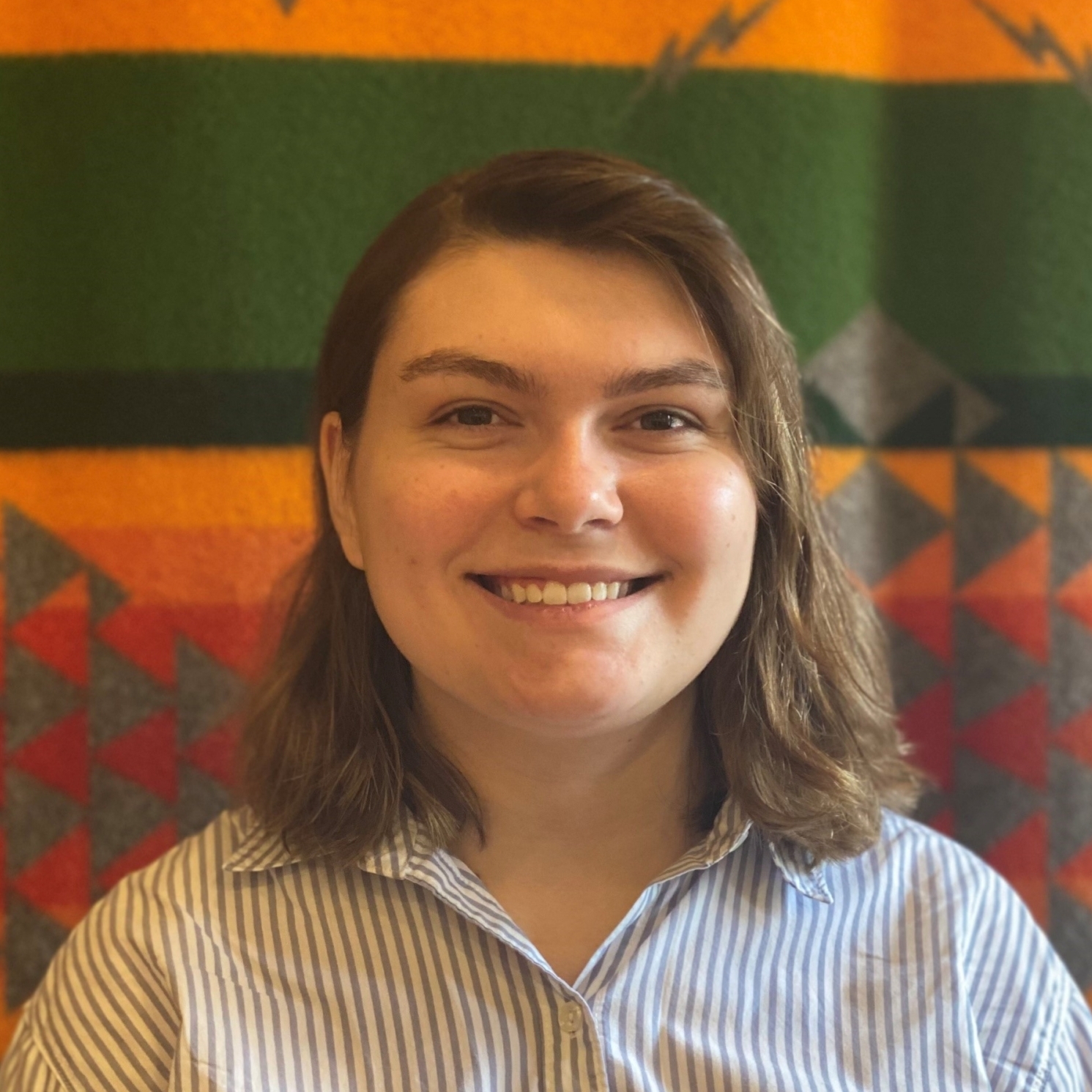
“I will take the writing skills, confidence, and knowledge of UIOs that I learned from this internship. I will also take the research skills I gained and apply them to my future opportunities. I eventually want to go to law school and become a health care attorney. From there, I hope to continue my work on Native health care, especially for urban Indians.” – Brooke Schmoyer (Choctaw Nation of Oklahoma)
“Hello! My name is Brooke Schmoyer, and I am the Public Policy intern for NCUIH. I am heading into my Senior year at Stanford University where I am majoring in political science and psychology. I am originally from San Antonio, TX and I am a member of the Choctaw Nation of Oklahoma. I became very interested in the health care system after I had five knee surgeries in the past two years. After my experience, I wanted to learn and advocate for Native health care. This past spring, I worked for the Senate Committee on Indian Affairs. There I learned about NCUIH, and it sparked my interest in advocating for Urban Indians. It was the perfect crossover: healthcare, native issues, and urban Indians. As an urban Indian myself, I wanted to give back and apply my interests in healthcare policy to further tribal sovereignty and ensure the trust responsibility that is owed to AI/AN.
The first fact that I was presented with was how many urban Indians there really are. I never realized that 70% of AI/AN live in urban areas and how huge of an impact UIOs have. This was just the start of my learning experience. Aside from learning the importance of UIOs, I learned how to write blogs and letters to congress. This helped me better understand the needs of urban Indians such as advance appropriations and urban confer. Working on the Policy Team has allowed me to work with incredible people who are all so knowledgeable. They have taught me how to track legislation, about persistence, and how to have your voice heard. I am grateful for all their help and support.
I will take the writing skills, confidence, and knowledge of UIOs that I learned from this internship. I will also take the research skills I gained and apply them to my future opportunities. I eventually want to go to law school and become a health care attorney. From there, I hope to continue my work on Native health care, especially for urban Indians. I hope to stay connected to all the people I met.”











